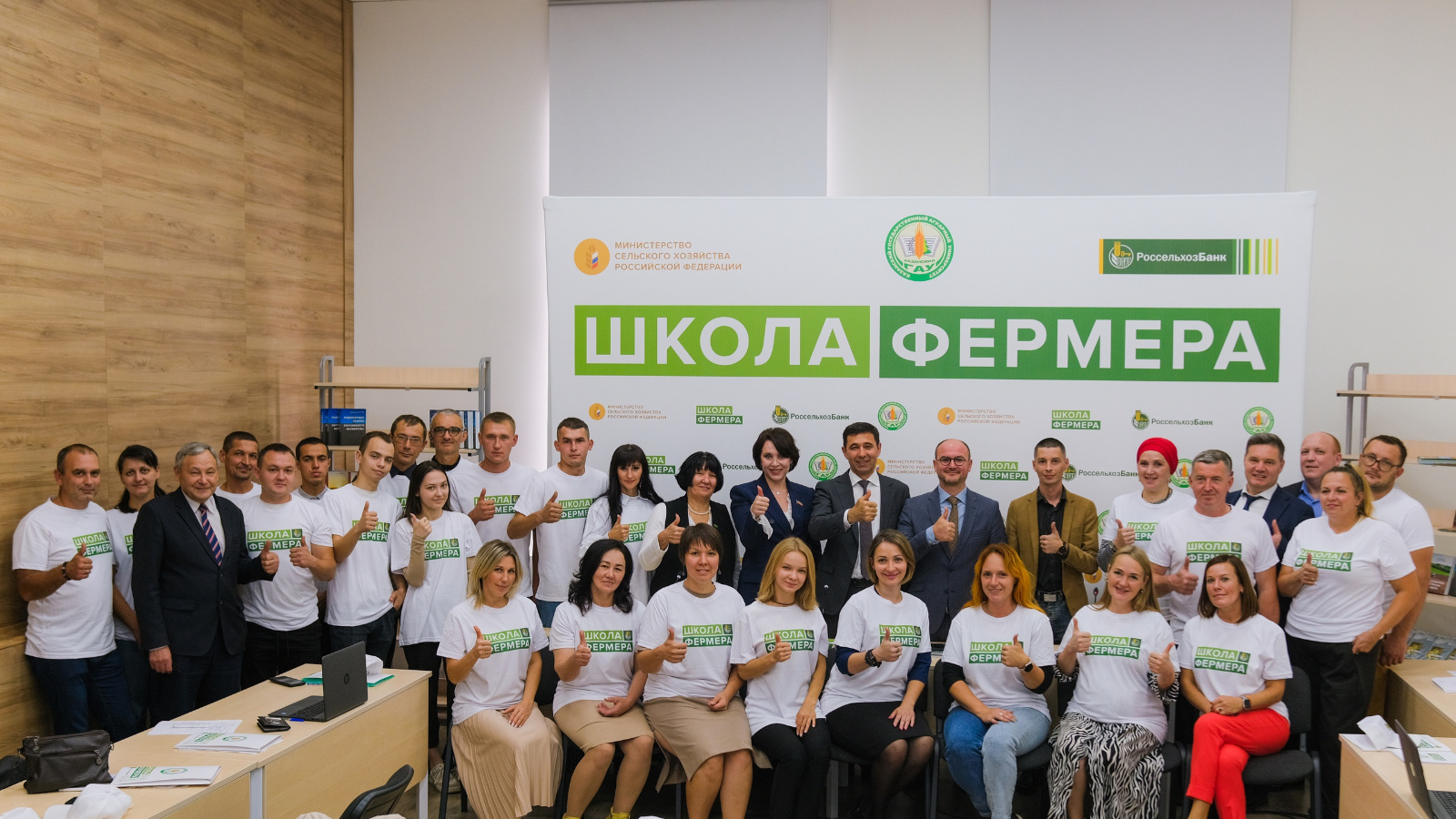In the Republic of Tatarstan, 40 people sat at the desks of the “Farmer School”

In the Republic of Tatarstan, training at the “Farmer School” started for the fourth time. This year, 40 people took part in the project. The opening ceremony took place at Kazan State University.
“This year, training will take place in completely new areas: “Rural agrotourism” and “Technology for processing crop and livestock products.” The feedback received from the Farmer’s School graduates showed that these areas are very promising, so I can say with confidence that this stream will be unique in terms of the training program,” noted Lyalya Kudermetova, director of the Tatarstan regional branch of Rosselkhozbank.
“Within the framework of this project, students have the opportunity to undergo not only theoretical training, but also gain practical skills and knowledge from successful agricultural enterprises. It is gratifying that graduates of the Farmer’s School became grant recipients of the Ministry of Agriculture and Food of the Republic of Tatarstan and successfully implemented their business projects,” emphasized Deputy Minister of Agriculture of the Republic of Tatarstan Marsel Makhmutov.
“Training at the Farmer’s School traditionally takes place at the Kazan State Agrarian University. In the next two months, participants in the “Farmer School” will undergo intensive retraining, and at the end they will present their business projects to an expert commission and receive diplomas,” said the rector of the Kazan State Agrarian University, Airat Valiev.
As part of the Farmer's School, students will study the legal aspects of farming, financial business models, basics of marketing, become familiar with the latest agricultural technologies, and undergo training at leading enterprises in the industry.
In the Republic of Tatarstan, the “Farmer School” has been implemented since 2021. Over the course of three streams, 104 people were trained and are already changing agriculture for the better, creating jobs and increasing the prestige of rural areas.
In Russia as a whole, the socially oriented project aimed at developing the agro-industrial complex, creating jobs and improving the standard of living in rural areas has reached a record scale in terms of the number of students - there are more than 1000 of them. The number of participating regions has also become a record - there are 32 of them.